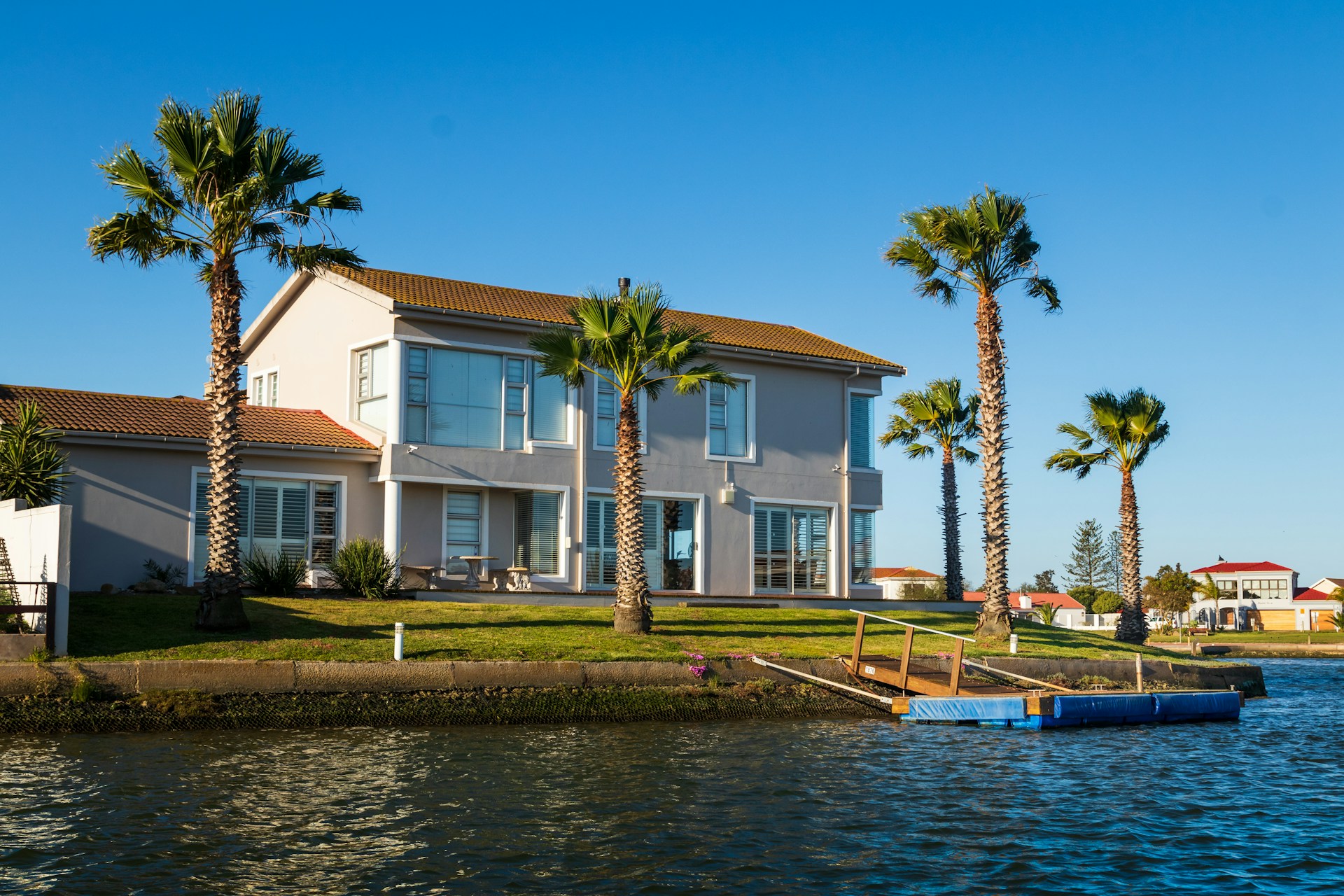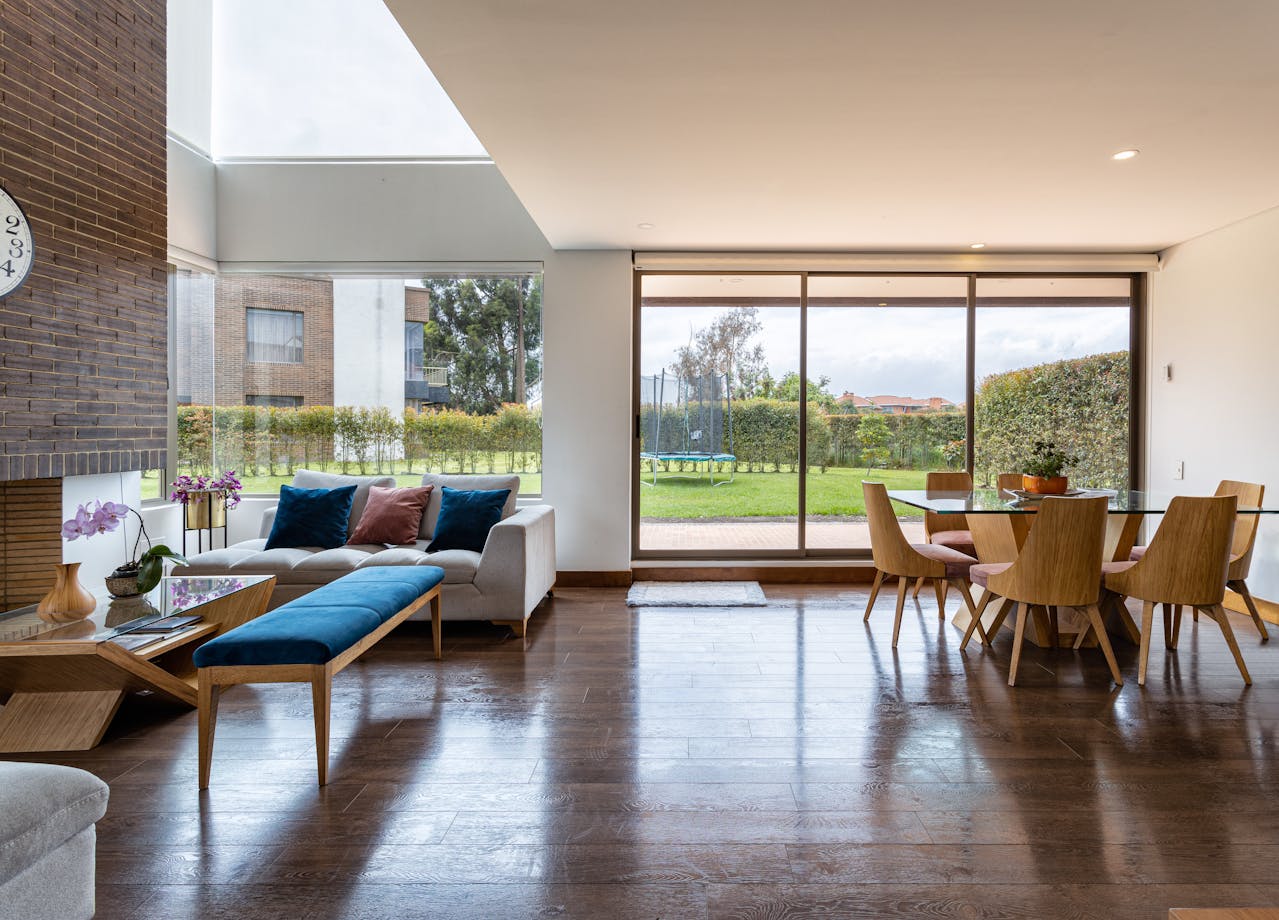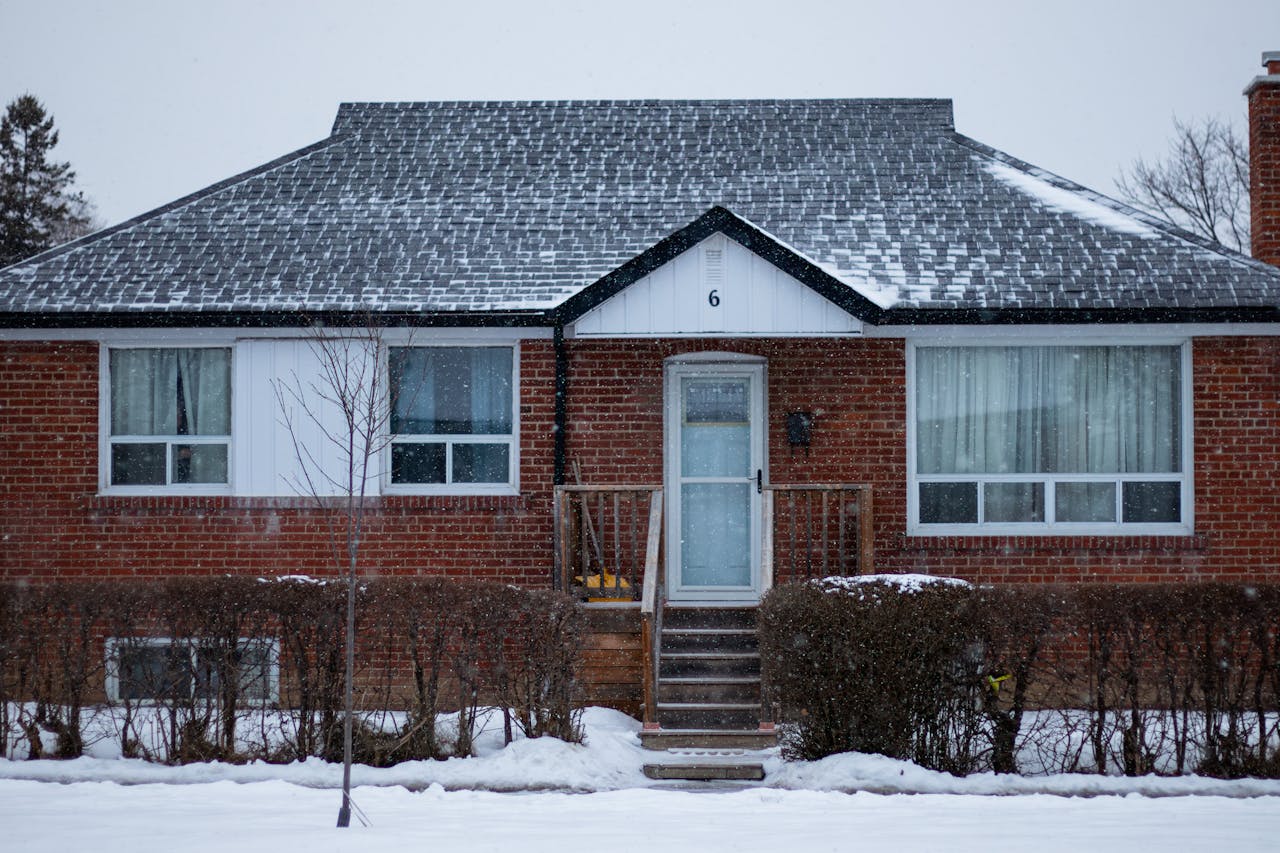
Managing seasonal rentals can be a rewarding way to earn income from your property, especially in areas with high demand during certain seasons. However, along with the benefits, some challenges come with handling off-season vacancy. When your property is not continuously rented or is only rented for short periods, it requires different management strategies.
What Are Seasonal Rentals?
Seasonal rentals are properties leased out for specific periods during the year, often coinciding with holidays or tourism seasons. For example, beach houses may see a surge in demand during the summer months, while ski chalets are rented out in the winter. These types of rentals provide homeowners with an excellent opportunity to earn extra income when demand is high. By listing their property on vacation rental platforms or local websites, owners can take advantage of seasonal peaks.
However, managing a seasonal rental is not just about maximizing income during peak times. It’s also about dealing with the periods when the property remains unoccupied, especially during off-seasons. This is when rental income slows down, and there is a need to protect the property from potential damage and loss.
The Challenge of Off-Season Vacancy
Off-season vacancy refers to the time when the property is not rented out, often during the months that are less popular for tourists or renters. While your property may be empty for several weeks or months, this presents several challenges.
First, there’s the risk of property damage. When a house is unoccupied, it is more vulnerable to issues such as leaks, mold growth, or pest infestations. Second, even though the property is not earning rental income, the owner still has to maintain regular expenses, like utilities, insurance, and maintenance. Lastly, vacant properties can also become targets for theft or vandalism. Proper planning and management can help reduce these risks, keeping your property in good shape for the next season.

How to Manage Off-Season Vacancy
When a property sits vacant during off-seasons, it can lead to potential risks such as damage and loss of income. Proper management and planning are essential to maintain the property and reduce unnecessary costs during these periods.
Conduct Regular Maintenance and Inspections
Even when your property is vacant, it is crucial to carry out regular checks. This can include checking for any signs of damage, such as leaks, broken appliances, or signs of mold. Make sure the plumbing, heating, and electrical systems are working correctly, especially if your property is located in an area with extreme weather conditions. Scheduling regular maintenance ensures that any issues are dealt with early, preventing more serious problems in the future.
Improve Security
A vacant property is more vulnerable to theft, vandalism, and other crimes. To improve security, consider installing a security system that includes cameras or motion detectors. If you do not want to invest in high-tech systems, simple steps like having a neighbor or local property manager check on the property can go a long way. Locking all windows and doors, using timers for lights, and keeping the exterior well-lit can deter burglars or intruders.
Protect the Property’s Condition
Taking steps to protect your property during the off-season is critical. For instance, if the area experiences extreme temperatures, it may be necessary to winterize your home, which includes draining the pipes to prevent freezing and turning off the water supply. It is also helpful to remove any items that could be damaged by the weather, such as outdoor furniture, or to store them in a safe place. In some cases, offering the property for long-term rentals during the off-season can be a good option.
Manage Utility Costs
Utility costs can add up quickly even when the property is not in use. To save on electricity and water during the off-season, you can turn off unused appliances, adjust the thermostat to a more energy-efficient setting, and even unplug appliances that are not essential. By reducing your utility usage, you can lower expenses while still maintaining the property.
Adapting Home Insurance for Fluctuating Occupancy
When you are renting your property seasonally or leaving it vacant during the off-season, it is important to adjust your home insurance policy. Standard homeowners insurance might not cover risks associated with a seasonal rental or an empty home. Insurance providers often offer different types of policies depending on how the property is used.
If your property will be vacant for extended periods, a standard homeowners insurance policy may not offer full protection. For example, certain coverage may not extend to damage caused by vandalism, theft, or weather-related issues when the property is unoccupied. To protect your investment, you should consider adjusting your policy to include vacant home coverage, which offers protection for properties that are uninhabited for more than a few weeks.
Additionally, if you are renting the property out seasonally, you may need to purchase short-term rental insurance. This type of insurance typically covers damage caused by tenants, liability, and property loss, which a standard homeowner’s policy might exclude. Reviewing your insurance regularly and updating it based on your property's usage can save you from unexpected expenses.
Maximizing Income During the Off-Season
While the property is vacant, there are still ways to earn income. One option is to offer the space for long-term renters who need a place to stay during the off-season. Alternatively, you can rent out the property for storage purposes or host workshops, events, or other services that fit the season.
Some property owners also use the off-season to offer discounted rates for off-season bookings. By listing the property on multiple platforms or offering promotions, you can attract tenants who are looking for a more affordable option. While this may not yield as much income as peak season rentals, it helps keep the property in use and reduces the chance of it sitting empty for too long.
Start Your Quote Today
Our licensed specialist will search for the best insurance quotes and will email you when ready.



